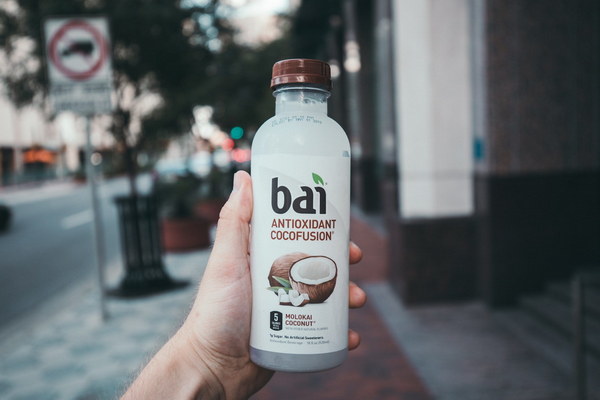Exploring the Value of Baby Food Subsidies How Much Money is at Stake
In recent years, the importance of providing financial assistance for families with young children has gained significant attention. One such form of support is the baby food subsidy, which aims to alleviate the financial burden associated with feeding infants and toddlers. But how much money is actually allocated for these subsidies, and what impact does this have on families and the broader community? This article delves into the details of baby food subsidies and their financial implications.
Baby food subsidies are financial incentives offered by governments or charitable organizations to help families afford the costs of nutritious and age-appropriate food for their infants and toddlers. These subsidies are often targeted at low-income families or those with specific needs, such as families with young children with special dietary requirements.
The amount of money allocated for baby food subsidies can vary widely depending on the country, state, or local government implementing the program. In some regions, the subsidies may be minimal, providing only a small fraction of the total cost of feeding a child. In others, the subsidies can be quite generous, covering a significant portion of the expenses.
For instance, in the United States, the Special Supplemental Nutrition Program for Women, Infants, and Children (WIC) provides baby food subsidies to eligible families. The average monthly benefit for baby food under the WIC program is approximately $25. This amount can vary based on the age of the child and the specific food items included in the subsidy package. In comparison, the overall average monthly WIC benefit is around $50, which includes both food and nutritional counseling.
In the United Kingdom, the Healthy Start scheme offers a baby food subsidy to low-income families. Pregnant women and families with children under the age of four are eligible for the program. The subsidy includes free infant formula, fruit, and vegetables. The value of the subsidy is approximately £3.10 per week for children under one year old and £2.20 per week for children between one and four years old.
In Canada, the National Child Benefit Supplement provides a monthly subsidy to eligible families with children under the age of six. The amount of money allocated for the baby food subsidy is based on the number of children in the family and their income level. On average, a family with one child can expect to receive approximately $530 per year in baby food subsidies.
The impact of baby food subsidies on families is significant. For low-income families, these subsidies can make a substantial difference in their ability to provide their children with a balanced and nutritious diet. In some cases, the subsidies can prevent families from going hungry or experiencing food insecurity.

Moreover, baby food subsidies can contribute to the overall health and well-being of children. Access to nutritious food during the critical periods of infancy and toddlerhood can lead to better physical and cognitive development. This, in turn, can improve educational outcomes and reduce the likelihood of chronic health conditions later in life.
However, it is important to recognize that baby food subsidies are just one component of a larger social support system. While these subsidies can provide some relief for families, they often do not cover the full cost of feeding a child. This means that families may still face financial challenges in providing their children with a healthy diet.
Furthermore, the effectiveness of baby food subsidies can be influenced by various factors, such as the availability of nutritious food options, the accessibility of food assistance programs, and the cultural context in which families live. To maximize the benefits of these subsidies, it is essential for policymakers and program administrators to consider these factors and work together to create a comprehensive and supportive system for families.
In conclusion, the amount of money allocated for baby food subsidies varies widely across different countries and regions. While these subsidies can make a significant impact on the lives of low-income families and their children, it is crucial to continue evaluating and improving these programs to ensure that they meet the needs of all families and contribute to the overall well-being of society.









